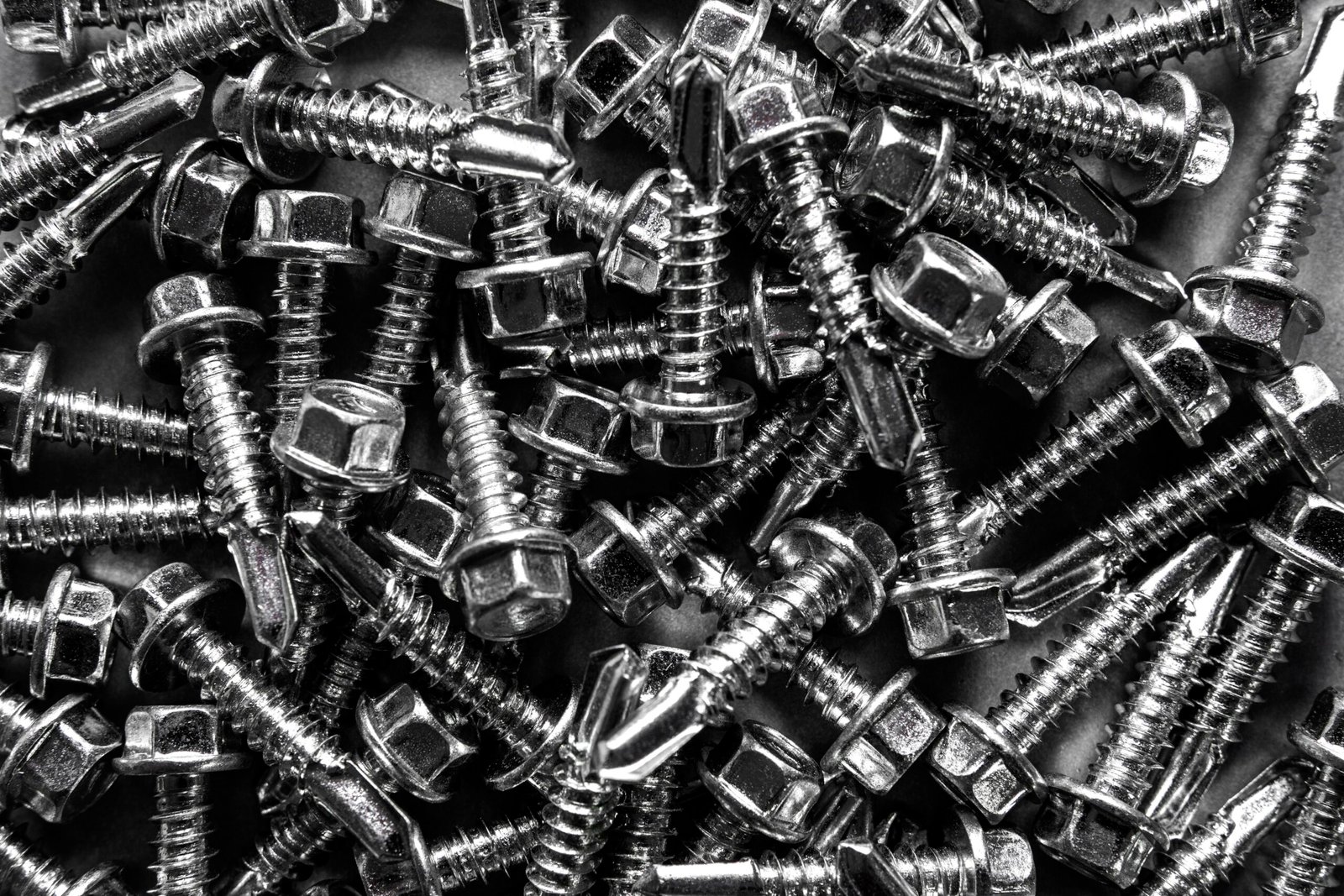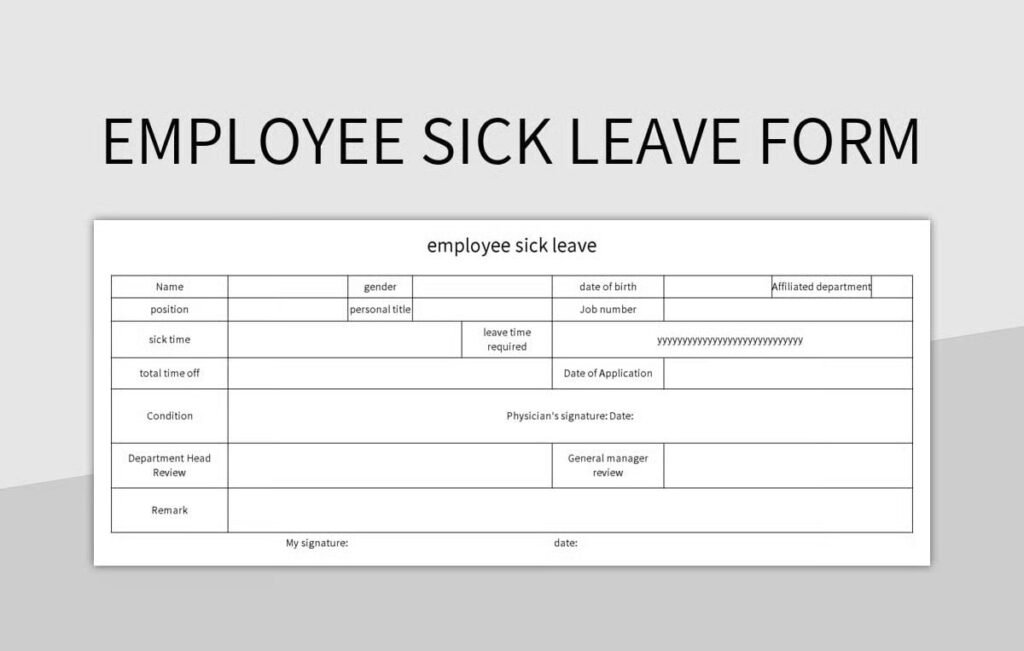Fasteners such as screws, bolts, nuts, rivets, washers, and anchors are vital components in construction, automotive, aerospace, and manufacturing industries. The strength of any structure depends on how well these parts work.
The need for quality control on screw and nut manufacturing is very critical due to this. Bad fasteners can cause equipment to break down, be expensive to fix, and also create safety problems without proper testing.
For this reason, this article is about why quality control is important to screw and nut manufacturing, what should be checked and what makers should pay attention to, so the product work well.
Why Quality Control Matters in Screw and Nut Manufacturing?
It is vital to quality control in making screws and nuts because they ensure that fasteners are safe, long-lasting, and do their job. Poorly designed fasteners can lead to the failure of structures, the breakdown of machines, and the rise of dangers in construction, cars, and airplanes. The following are six main reasons why quality control is needed when making screws, bolts, nuts, washers, rivets, and anchors.
1. Provides Structural Integrity and Load Bearing Capacity
The structures, machines, and equipment are held together with screws, nuts, and bolts. Weak or badly made fasteners can reduce the amount of weight that something can hold, potentially bringing the system to failure. One bad fastener could have brought terrible collapses or breakdowns in the work of building or an aeroplane. Makers should ensure each fastener is strong enough to last through strong pull tests, cutting tests, and tiredness tests.
2. Prevents Threading and Fitment Issues
Tight fastening and easy assembly require correctly threaded screws and nuts. Problems with fasteners can include crooked threads, wrong spacing, and rough edges, making them difficult or impossible to install. However, this leads to slow assembly, high work costs, and even failure under pressure. Thread shape analysis, gauge testing, and size inspections are used as quality checks that avoid these problems by ensuring that every screw and nut will fit where it should.
3. Enhances Corrosion Resistance and Longevity
Many fasteners face challenging moist, chemical, and extreme temperature conditions. Screws, bolts, and washers can rust, become weak and break too soon if they do not have good quality control. Makers apply zinc plating, hot-dip galvanizing, and black oxide to fight corrosion. These coatings are tested with salt spray testing and sticking tests that check if they work properly to maintain fasteners in strong and long-lasting form, even in tough conditions.
4. Increases Safety and Decreases Liability Risks
Poorly manufactured fasteners can cause serious safety concerns, especially in industries where mechanical reliability is important. In other cases, a faulty bolt in a car engine can cause mechanical failure and lead to accidents with legal implications. So, in medical devices and airplane engineering, failure of a single rivet or anchor can be fatal. These risks are lowered by complete quality checks, which include impact resistance tests and tiredness testing so that makers do not have to suffer the costs of a recall or lawsuit.
5. Reduces Manufacturing Waste, Costly Rework
In the case of poor-quality screws and nuts, more defects occur, resulting in more production waste and expensive fixing. Makers need to allocate more resources in sorting, reprocessing, and replacing bad parts if the fasteners fail after production because of size issues or material-related problems. So, it makes costs go up, and production schedules are delayed. Makers can find problems ahead of time by using real-time watching, automatic inspections, and statistical process controls (SPC) to reduce waste rates and increase production efficiency.
6. Guarantees Compliant With Industry Standards And Certifications
And screws, bolts, nuts, washers, and rivets have to be made by makers who follow strict industry standards and certifications for product safety and reliability. Fastener manufacturing measures up to standards such as ISO 9001 (Quality Management), ASTM (Material Specifications), DIN (German Standards), and IATF 16949 (Car Industry Standards).
Failure to meet any of these standards can lead to legal penalties, product recalls, or loss of business reputation. Before a fastener is sold for industrial or commercial use, quality control is done to ensure that all fasteners are tested and certified according to these standards.
Key Aspects of Quality Control in Fastener Manufacturing
Material Selection and Testing
The first step in making high-quality screws, nuts, and bolts is picking the right material. Different uses need different materials, such as:
- Stainless Steel Screws And Bolts For Fighting Rust
- Titanium Rivets For Airplane Applications
- Hardened Steel Anchors For High-load Capacity
Quality control ensures the raw materials used meet the needed strength, durability, and environmental resistance standards. Makers perform material testing, including pull strength tests, hardness checks, and rust resistance evaluations.
Precision In Manufacturing Processes
Making screws, bolts, and washers involves exact machining, forging, and threading processes. Even small changes can lead to bad fitting or failure. Quality control includes:
- Size Accuracy Tests Using Laser Measurement Tools
- Thread Integrity Checks To Ensure Smooth Assembly
- Surface Finishing Inspections To Prevent Early Wear And Rust
Precision in manufacturing not only makes fastener performance better but also ensures they work with different assembly needs.
Load Testing and Mechanical Strength Evaluation
Fasteners face various loads, including tension, shear, and torque forces. Quality control procedures include:
- Pull strength testing to measure how much load a screw or bolt can handle before breaking
- Shear testing for rivets and anchors to check side force resistance
- Torque testing to ensure nuts and bolts achieve the needed tightening force without stripping
These tests ensure the fasteners can work reliably in their intended applications.
Coating and Corrosion Resistance Verification
Screws, nuts, and washers often face harsh environments, such as extreme temperatures, moisture, and chemicals. To make them last longer, makers apply protective coatings like:
- Zinc Plating For Rust Resistance
- Black Oxide Coating For More Strength
- Hot-dip Galvanizing For Long-term Durability
Quality control ensures even coating application and checks its effectiveness through salt spray testing and environmental exposure assessments.
Thread Accuracy and Fitment Testing
Poorly made threads can lead to bad fastening, stripping, or loosening over time. Quality checks include:
- Thread Profile Inspection Using Optical Measurement Systems
- Go/No-Go Gauge Testing To Verify Size Accuracy
- Thread Engagement Analysis To Ensure Secure Fastening
Precision threading is crucial for ensuring screws and nuts work correctly without the risk of failure.
Common Quality Control Techniques in Fastener Manufacturing
Automated Optical Inspection (AOI)
AOI systems are used by advanced makers to inspect screws, bolts and washers for correct size, surface defects and any problems. High resolution cameras and AI analysis of these systems can find tiny flaws you might not see.
X-ray and Ultrasonic Testing
X-ray and ultrasonic testing is used to find internal defects in rivets, anchors, and other fasteners used in high performance applications such as airplane and car industries. These methods are helpful in finding hidden cracks or gaps that may give rise to structural integrity problem.
Hardness and Microstructure Analysis
To provide material properties of screws and nuts, the makers carry out Rockwell or Vickers hardness tests. Microstructure analysis also helps to determine the grain structure of metal fasteners to ensure that they all have the same grain structure to guarantee consistency in strength and durability.
Real-time Statistical Process Control (SPC)
Fastener companies which are leading manufacturers use SPC to look at production quality in real time. They can constantly monitor the data and spot the changes and make correction in the real time to keep the defects at minimal and ensure the best quality product.
What to Look for When Choosing a Reliable Fastener Manufacturer
The quality control practices of a maker of screws, bolts, nuts, and other fasteners must be carefully reviewed. Among key factors are the following:
Certifications and Compliance
Picking a maker that strictly operates according to worldwide standards, such as ISO 9001, ISO 14001, or IATF 16949 is a good idea. These certifications indicate that they have a high quality of the quality management system.
In-House Testing Capabilities
A reputable fastener maker should have his or her own laboratories for the testing of pull strength, hardness, rust resistance, and thread integrity. It guarantees that all product is compliant with stringent quality standards before it is sent out to the customer.
Manufacturing Technology and Innovation
Seek out makers that spend money on cold forging, advanced CNC machining and automated inspection. Modern production methods help improve precision, consistency and general quality of the fastener.
Track Record and Customer Reviews
A maker with good reviews and a track record from its customers can supply you good screws, washers, and rivets. Look for industry experience, customer reviews, and partnerships with other successful brands.
Customization and Special Requirements
Does your project demand fasteners that are specialized in any way, for example, custom screws with a certain coating or high-strength bolts under extreme use conditions? You should go for a maker that offers customization and has very strict quality control.
Conclusion
Screw and nut manufacturing relies on quality control to make sure that every fastener will work as it is supposed to work in their respective applications. At each step of the production process, from material selection, machining precision, and load test to corrosion resistance, the reliability of the final product is checked.
Working with a maker focused on quality control is mandatory for industries that need durable, high-performance fasteners to work in construction, automotive, or aerospace industries. Buying rigid but high-quality screws, bolts, nuts, rivets, washers, and anchors eliminates risks and promotes safety as well as guarantee long-term structural integrity.
Manufacturers who understand the fundamentals of quality control and know what to look for in a maker can base their decisions on these details to ensure that projects are secure, efficient, and free from failures related to fasteners.




